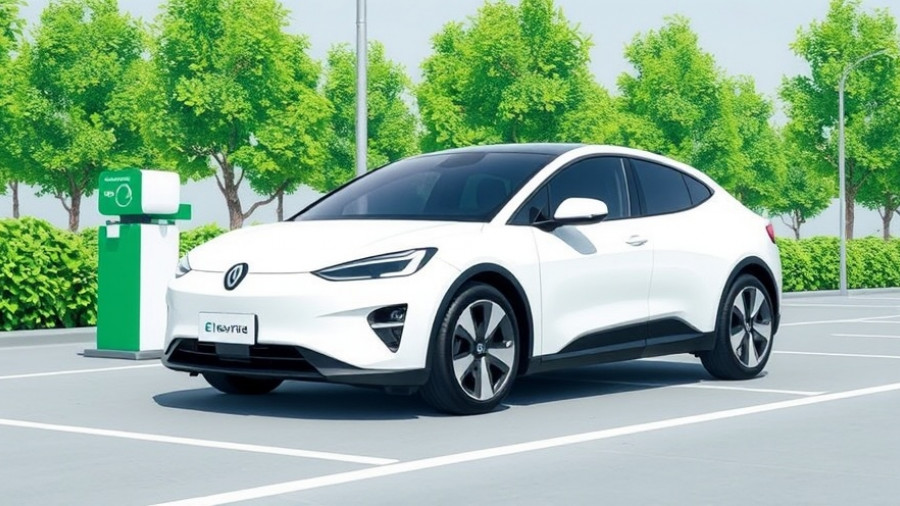
Accelerating into a Greener Future: The Rise of Electric Vehicles in the Philippines
The Philippine electric vehicle (EV) sector is undergoing a remarkable transformation, characterized by significant investments and strategic policies aimed at accelerating adoption. With the upcoming 13th Philippine Electric Vehicle Summit (PEVS) slated for October 23-25, the focus on the sustainability and growth of the industry has never been more pronounced. Edmund Araga, President of the Electric Vehicle Association of the Philippines (EVAP), highlights the pivotal role of legislative frameworks in shaping the sector's trajectory, particularly referencing the Electric Vehicle Industry Development Act (EVIDA) of 2022 and the Comprehensive Roadmap for the Electric Vehicle Industry (CREVI).
The Importance of Legislative Support
Legislation is essential for creating an environment conducive to sustained investment and growth in the EV market. The EVIDA aims not only to promote the use of electric mobility but also emphasizes local production and job creation. Araga pointed out that solid frameworks lead to accelerated approvals for EV projects, which is crucial for both local start-ups and established global manufacturers looking to enter the Philippine market.
Pivotal Investments Transforming the Landscape
Last year's summit set the stage for policy discussions that have now blossomed into real initiatives. For instance, private investor proposals for 4,000 EV charging stations over the next few years, as recognized by the Department of Energy (DOE), are transformative. These charging stations will support the ambitious goal of 7,300 installations by 2028 and an expansive 20,400 by 2040, addressing the infrastructure needs for an anticipated 2.5 million EVs in the near future. Furthermore, major manufacturers, like Mitsubishi Motors, and investments from the Asian Development Bank are fueling the local economy with billions of pesos dedicated to EV and renewable energy projects.
Addressing Consumer Concerns Through Education
Consumer adoption plays a vital role in the future of the Philippine EV market. The EVAP summit expertly tackled misconceptions surrounding electric vehicles in previous discussions, countering myths about performance and infrastructure limitations. This ongoing dialogue not only informs prospective buyers but also nurtures trust in the technology, which is increasingly becoming part of a broader trend toward sustainability and environmentally conscious choices.
The Economic Impact: Job Creation and Green Growth
Enhancing the economic landscape, the proposed Electric Vehicle Incentive Strategy (EVIS) stands to generate an astounding 11.4 trillion Philippine pesos in economic output. The strategy could create approximately 700,000 local jobs across various sectors, including EV assembly and maintenance services. These measures not only promote a greener economy but also ensure that the transition to electric mobility benefits a wide swath of the population, emphasizing environmental responsibility along with economic opportunity.
Final Thoughts: Charting a Sustainable Course
The Philippine electric vehicle industry is at a decisive crossroads. With robust government support, significant investments, and an increasing focus on sustainability, the path forward looks bright. Stakeholders in the EV ecosystem are encouraged to continue dialogues about innovations and improvements as the country moves toward a greener future. The potential benefits of this shift are immense, affecting not only personal transportation but also contributing to global efforts against climate change.
 Add Row
Add Row  Add
Add 




Write A Comment